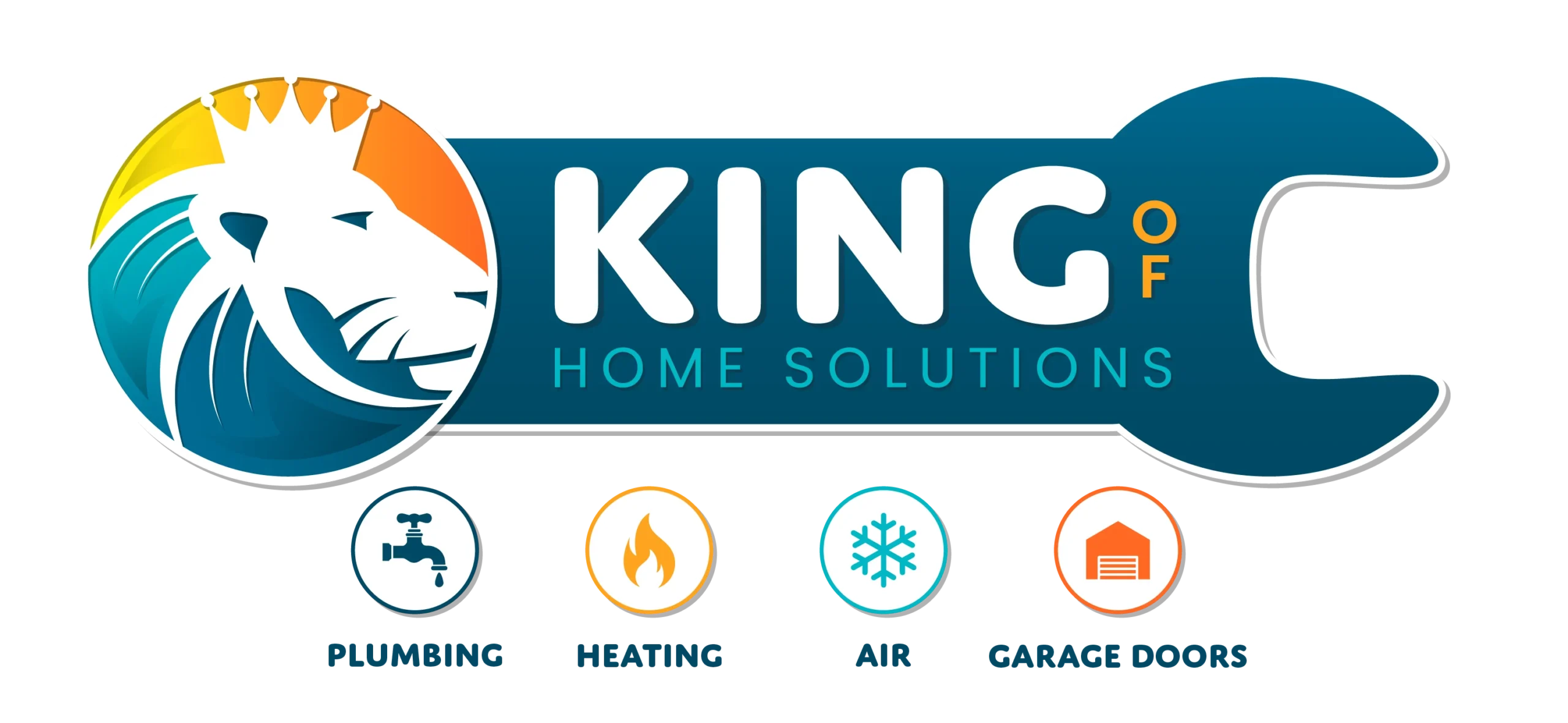Why Jacksonville Homes Face More Plumbing Issues After Heavy Rain
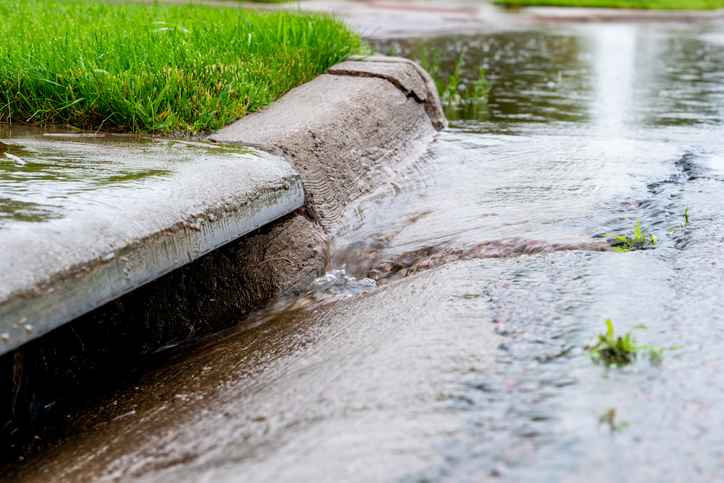
Why Jacksonville Homes Face More Plumbing Issues After Heavy Rain
Jacksonville’s warm, coastal climate is no stranger to heavy rain and tropical storms. While the region’s frequent rainfall is great for lawns and landscaping, it can be tough on plumbing systems. Many local homeowners notice that after a big storm, drains start gurgling, toilets back up, or water pressure suddenly drops.
Heavy rain doesn’t just affect your roof or yard, it can put serious pressure on your home’s plumbing system too. From saturated soil that strains underground pipes to overflowing sewer lines, excess rainwater can trigger a wide range of plumbing problems.
In this blog, King of Home Solutions explains why Jacksonville homes face more plumbing issues after heavy rain, what warning signs to watch for, and how to protect your system before the next storm hits.
How Heavy Rain Impacts Your Plumbing System
Jacksonville’s frequent storms and heavy rainfall can push local plumbing systems to their limits. When the ground becomes saturated, the excess water increases pressure around underground pipes and drainage systems. This can cause leaks, cracks, or even full collapses in aging or weakened plumbing lines.
Rainwater also flows into the city’s storm drains and sewer systems, which can quickly become overloaded. As these systems fill beyond capacity, the excess water has nowhere to go and can back up into residential plumbing lines. That’s why it’s common to see slow drains, gurgling toilets, or even sewage backup after a major downpour.
Jacksonville’s sandy soil makes the situation worse. While it drains quickly, it can also shift when saturated, putting uneven pressure on buried water and sewer lines. Older homes with clay or cast iron pipes are especially vulnerable to cracking or misalignment during these soil movements.
Sewer Line Backups
One of the most common and serious plumbing problems Jacksonville homeowners face after heavy rain is a sewer line backup. When stormwater enters the municipal sewer system faster than it can drain, the excess pressure forces wastewater back toward homes through sewer lines.
This overflow can cause sewage to back up through drains, toilets, or floor cleanouts, creating unsanitary conditions and potential health risks. In areas with older sewer systems or tree-lined neighborhoods, roots can also invade and clog pipes, making backups even more likely during a storm.
To prevent sewer backups, schedule regular sewer line inspections and cleanings. Installing a backwater valve is another smart investment. It prevents wastewater from flowing back into your home during heavy rain.
Clogged or Overwhelmed Drains
After heavy rain, many Jacksonville homeowners notice that their indoor and outdoor drains start moving more slowly. Excess water from storms often carries debris, dirt, and leaves into the drainage system, clogging pipes and gutters. When these blockages occur, water has nowhere to go, which can lead to backups inside your home or standing water around your property.
Outdoor Drainage Systems Overload Easily
Yard drains and storm drains are designed to handle moderate rainfall. During intense downpours, however, they can become overwhelmed, allowing water to pool near your foundation or seep into basements and crawl spaces.
Indoor Drains Can Back Up from Pressure Changes
When outdoor drainage slows, pressure can build within your main plumbing system. This often leads to bubbling toilets, gurgling sinks, or water backing up into tubs and showers.
Preventing Drain Clogs After Rain
Regular maintenance is key. Clear gutters, downspouts, and outdoor drains before storm season begins. Installing drain covers or debris traps can also help block leaves and sediment from entering your plumbing system.
Foundation Shifts and Pipe Damage
Jacksonville’s sandy soil and frequent rainfall create a unique challenge for underground plumbing systems. When the ground becomes saturated after heavy rain, it expands and shifts. Once it dries out again, the soil contracts. This continuous cycle of expansion and contraction puts significant pressure on buried pipes, often leading to cracks, leaks, or complete pipe separations.
As the foundation of your home shifts even slightly, the plumbing connected beneath it can move or bend. These movements may not cause an immediate break, but over time they weaken pipe joints and connections. In older Jacksonville homes with cast iron or clay pipes, this kind of stress often results in long-term structural damage and hidden leaks.
Sump Pump Failures and Flooding
In a city like Jacksonville, where intense rainstorms and tropical downpours are common, sump pumps play a critical role in keeping homes dry. These devices remove water from basements and crawl spaces, protecting against flooding and water damage. However, during prolonged or heavy rainfall, sump pumps often work overtime, and if they fail, flooding can happen fast.
Power Outages and Overload Failures
Storms that bring heavy rain often cause power outages. Without backup power, your sump pump can stop running just when you need it most. Pumps can also burn out from overuse if they’re not properly maintained or if debris clogs the intake screen.
Clogged or Frozen Discharge Lines
If the discharge line becomes blocked, the sump pump can’t expel water effectively. This causes the pump to run continuously or shut off prematurely, allowing water to accumulate around your foundation.
Preventive Maintenance Before Rainy Season
Before storm season, test your sump pump to ensure it activates properly and drains water away from your home. Clean out the pit, inspect the float switch, and make sure the discharge line is clear. For added protection, consider installing a battery backup system to keep your pump working during power outages.
Contaminated or Discolored Water
After heavy rain, some Jacksonville homeowners notice their tap water looks cloudy, smells strange, or even turns brown. This discoloration is often a sign that rainwater has entered the plumbing system through cracks or damaged water lines. When the ground becomes oversaturated, pressure can force sediment, rust, and other contaminants into your pipes.
If you suspect contamination, avoid drinking or cooking with tap water until it has been tested. Run the cold water for several minutes to see if it clears, and contact a licensed plumber in Jacksonville, FL, for inspection. They can test your water lines, identify the source of contamination, and repair any damage caused by flooding or pressure changes.
Protect Your Jacksonville Home from Rain-Related Plumbing Problems
Heavy rain is part of life in Jacksonville, but plumbing issues don’t have to be. Understanding how storms impact your pipes, drains, and sewer lines helps you take action before small problems turn into major water damage. From sewer backups and clogged drains to sump pump failures and contaminated water, knowing the warning signs can save you time, money, and frustration.
The best protection against storm-related plumbing issues is preparation. Regular inspections, proper drainage maintenance, and professional repairs ensure your system is ready to handle Florida’s toughest weather.
If you’ve noticed any plumbing issues after a storm or want to schedule a preventive inspection, contact King of Home Solutions. Our team of licensed Jacksonville plumbers can identify vulnerabilities, perform repairs, and help keep your plumbing system safe and reliable through every rainy season.
Recent News
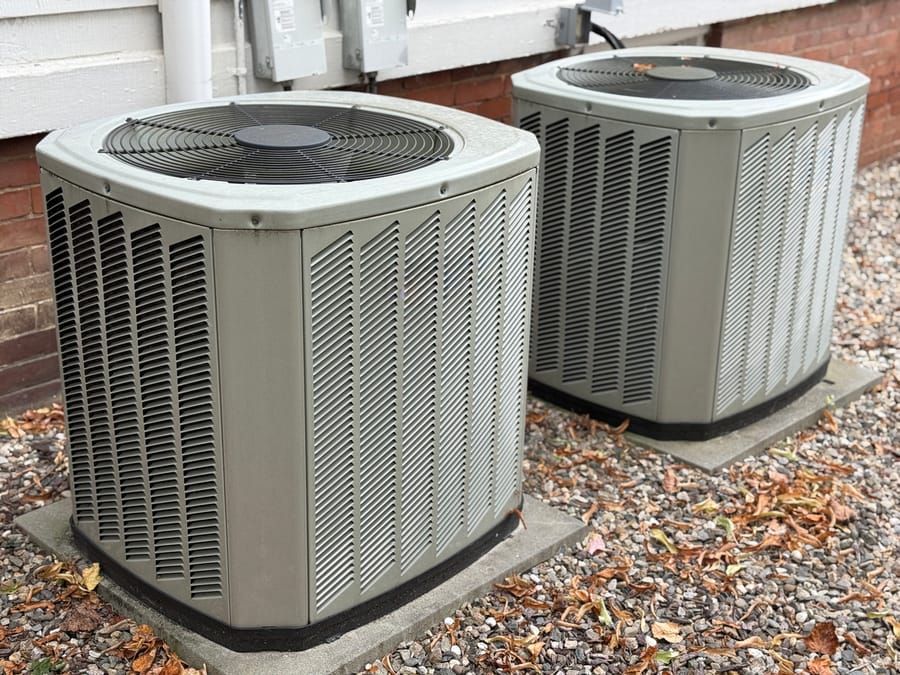
The Ultimate Jacksonville HVAC Buyer’s Guide: What to Know Before You Buy
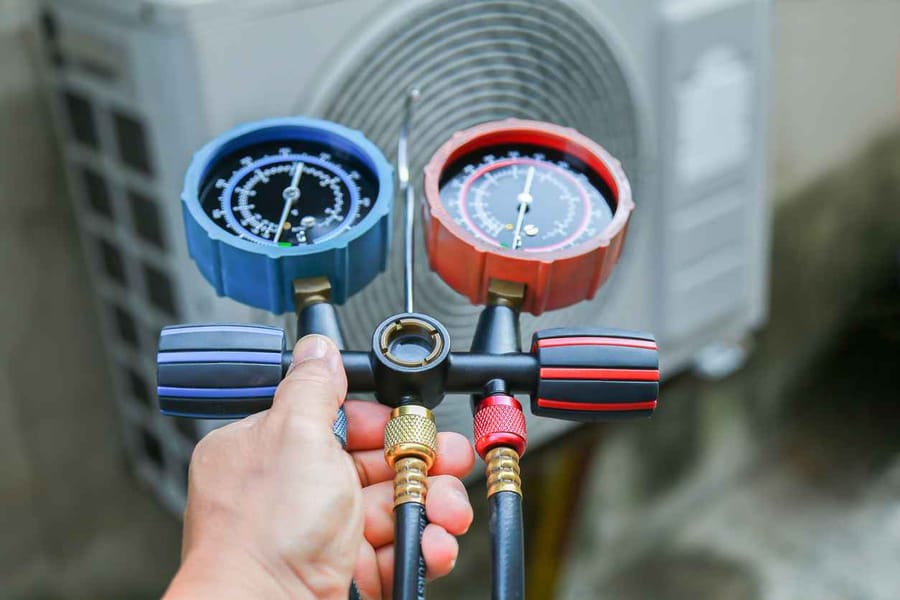
What Florida Homeowners Need to Know About AC Refrigerant Changes in a Hot, Humid Climate
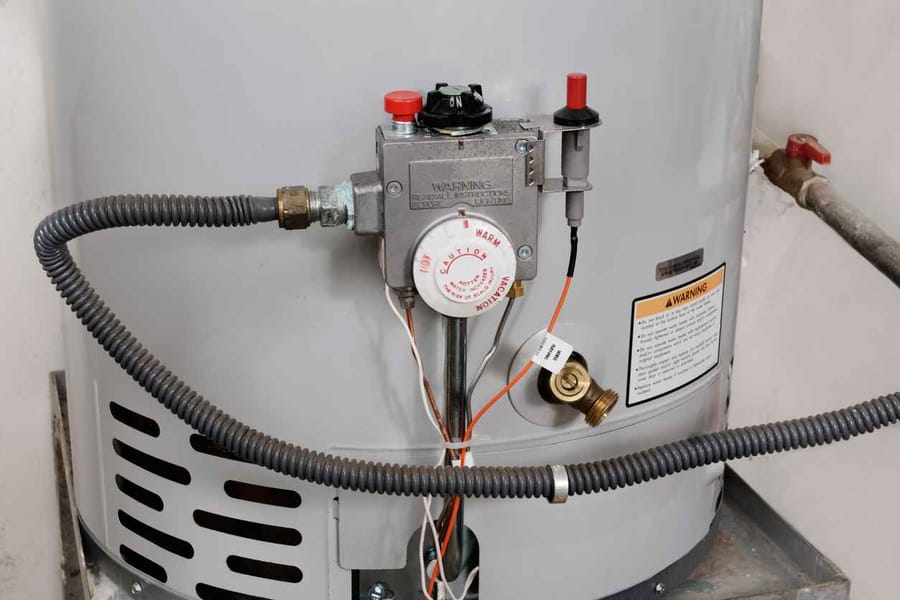
How to Tell When It’s Time to Replace Your Water Heater in Florida
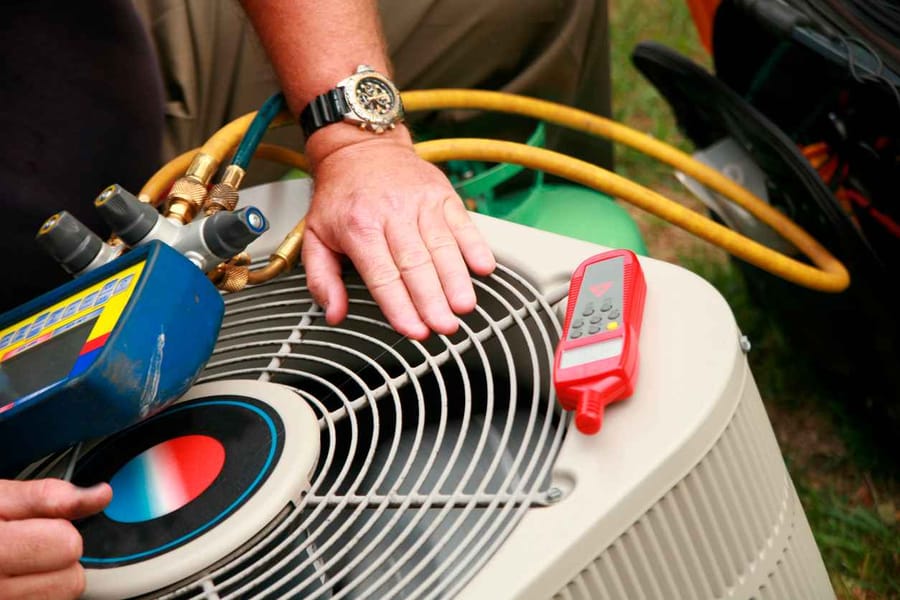
Monthly HVAC & Plumbing Maintenance Checklist to Avoid Big Repairs
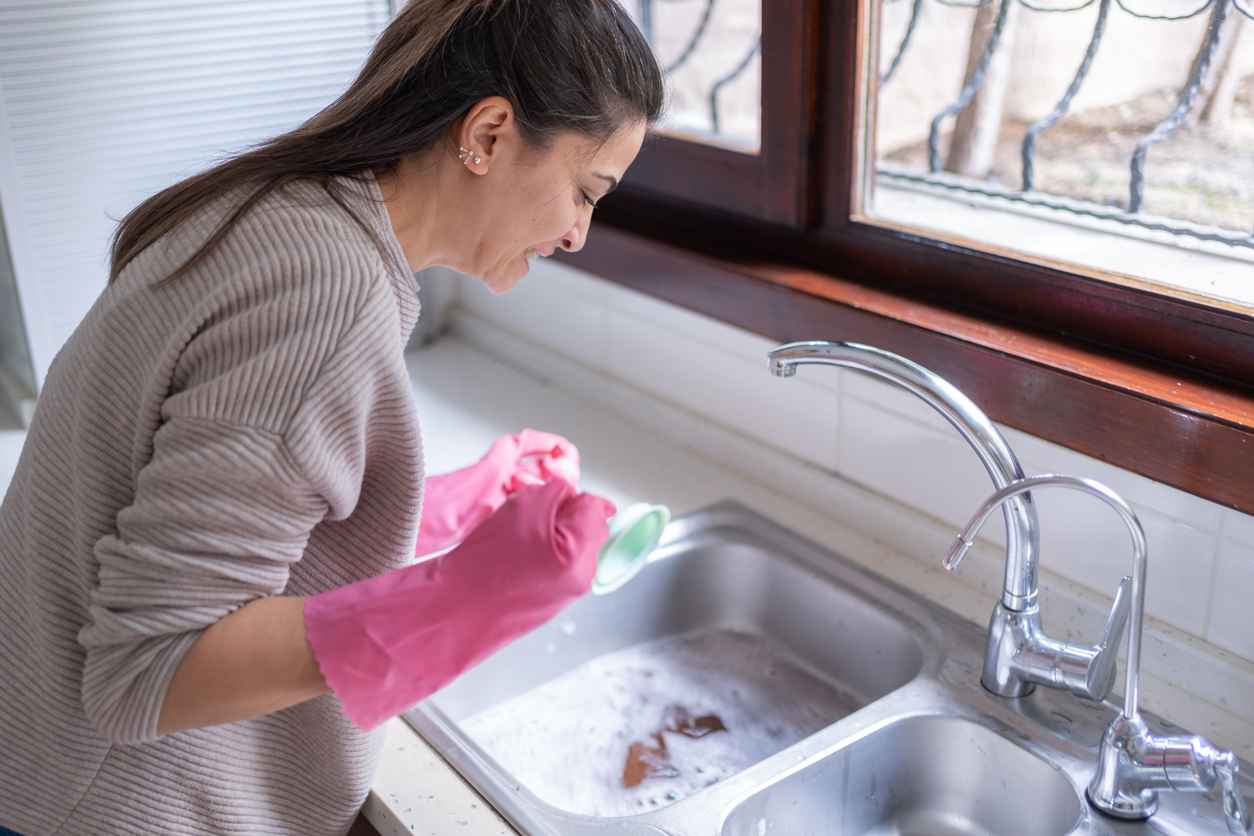
5 Signs to Spot Clogged Drains Early
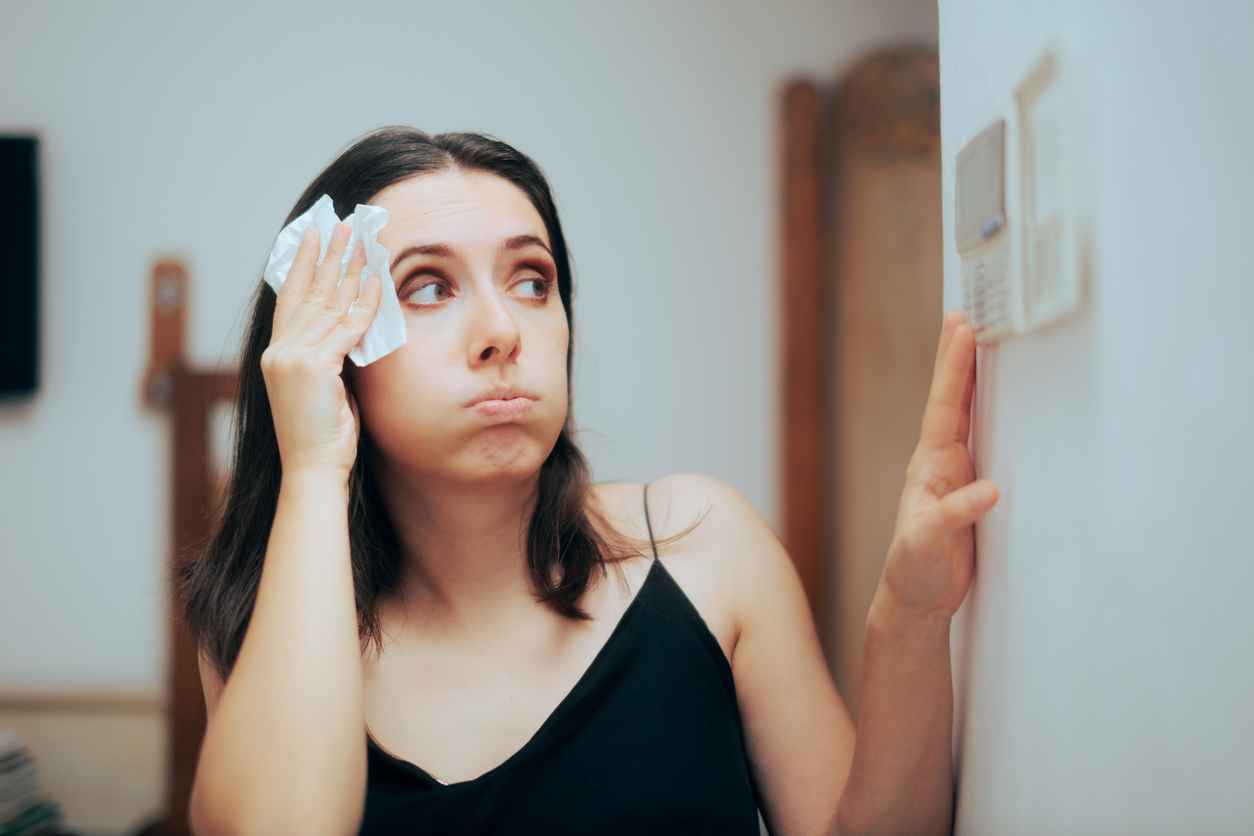
What to Do When Your AC Stops Working in 90° Heat
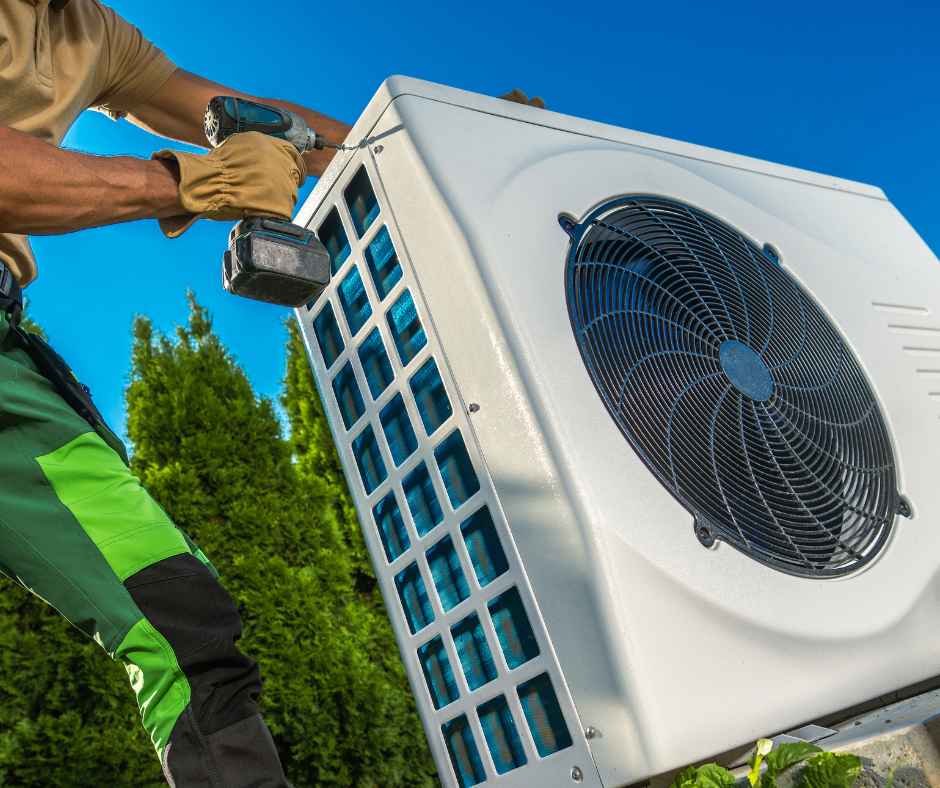
Energy Tax Credits for HVAC and Plumbing: What Homeowners Need to Know
Get in Touch
